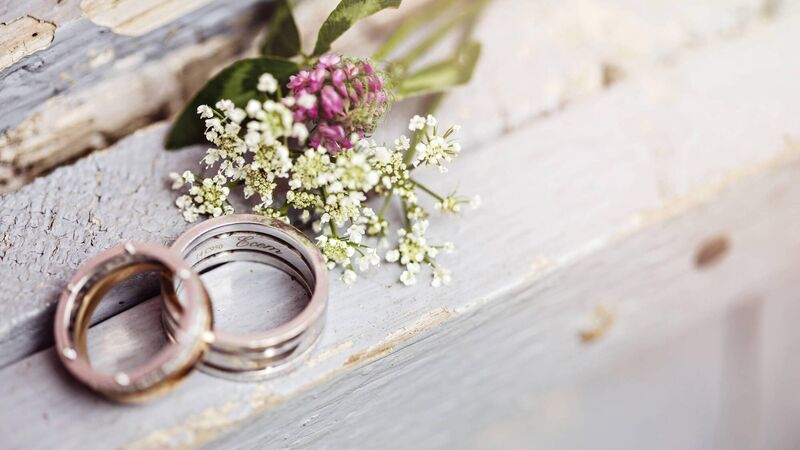New data reveals what age couples get married and the most popular day for weddings

Roman Catholic wedding ceremonies remained the overall most popular type of ceremony, with four in 10 ceremonies (9,376) taking place in Catholic churches.
Couples who tie the knot are typically in their mid-to-late 30s and Friday is the now most popular day for weddings.
The Central Statistics Office (CSO) has released its latest figures on marriages that took place across Ireland last year.










